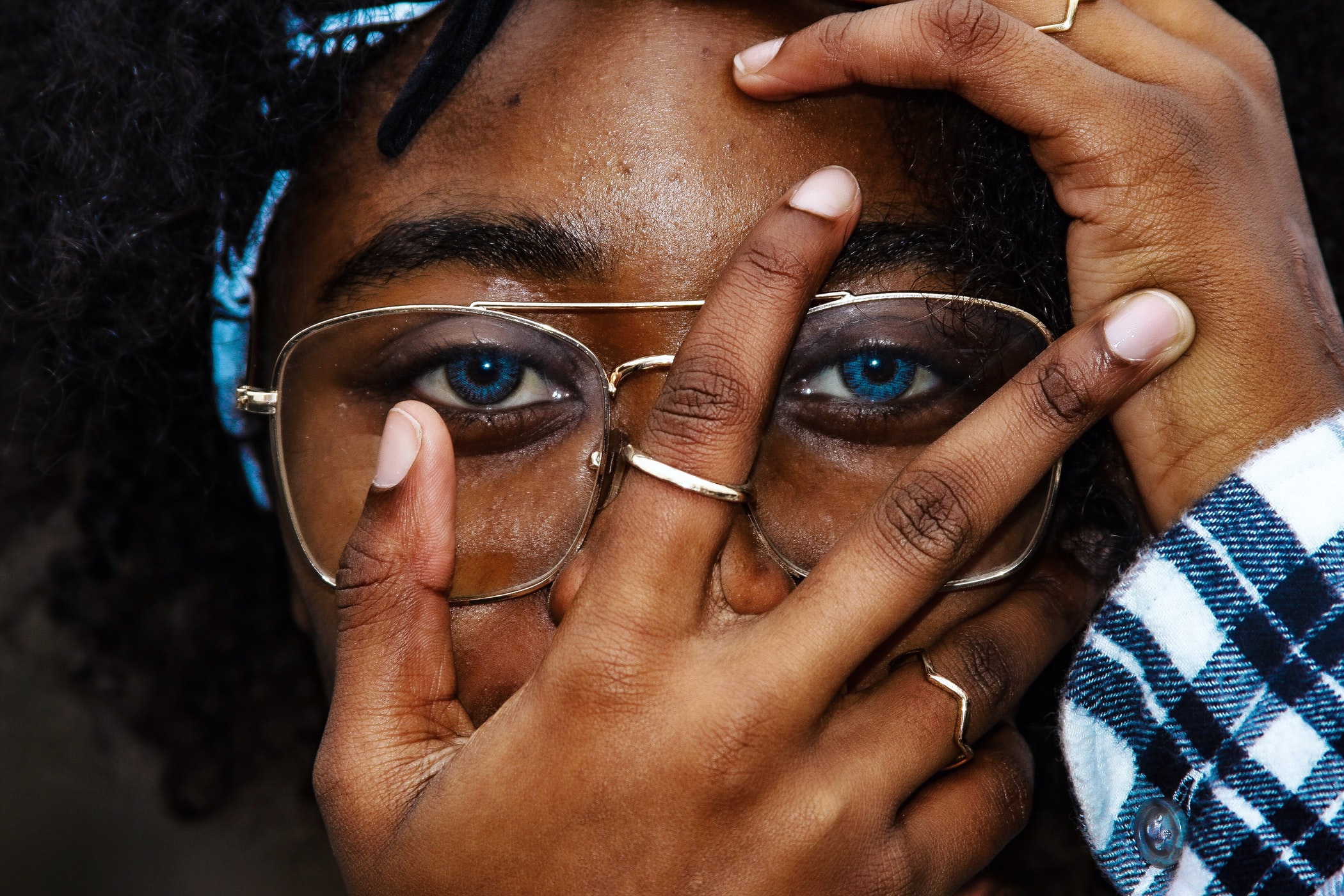Whether it’s the occasional breakout or a persistent issue, cheek acne can be distressing and uncomfortable. Many people resign themselves to piling on makeup, spending large amounts of money on expensive creams and lotions, or simply trying to live with the condition.
To effectively treat acne, it’s crucial to find out the cause. There are many reasons why a person might develop acne on their cheeks. By getting to the root of the problem, you can tackle your acne and enjoy clear, healthy skin.
The first thing to consider is whether you even have acne. Many conditions can cause inflamed skin. Many conditions are confused with acne: allergic reactions such as urticaria (hives), dermatitis, eczema, and rosacea are just a few common examples. All of these conditions have different causes and require different treatments. Using acne treatments on these conditions can exacerbate them rather than making them better. That’s why it’s a good idea to seek advice from a dermatologist or another medical professional.
Adult cheek acne occurs in what dermatologists call the U zone. This is a U-shaped region, including the cheeks and chin. The U-zone tends to be dry and to require additional moisture (in contrast to the more oily T-zone, which includes the nose and forehead).
Cheek acne in the U-zone is sometimes caused by a buildup of oil, dead skin cells, and dirt. Even if you wash your face regularly, this can build up over time. With proper care, this kind of acne can be resolved.
1: Poor skincare
When many people first develop cheek acne, they’re in their teens. They may be told, “you need to keep your face cleaner!” They naturally start to scrub their faces harder, often using strong soaps. This tends to make things even worse by stripping away the skin’s protective oils, irritating the skin, and also contributing more debris in the form of soap residue.
A good skincare regime is gentle and non-irritating, while still being tough enough to remove the dirt and debris that contribute to acne. Acne sufferers should choose mild, unperfumed cleansers and should moisturize after cleansing.
2: Poor shaving technique
Shaving improperly can irritate your skin, which in turn makes it more prone to acne. Poor shaving may cause hair to become ingrown. These ingrown beard hairs can also contribute to cheek acne.
Try opening your pores with steam or warm water before shaving. Invest in good shaving cream, one that’s right for your skin type.
3: Dirty bed-linen
You spend one-third of your life in bed. During these hours, your face will be in contact with your bed-linen. Dirty sheets, pillowcases, and other bed-linen can harbor dirt and germs. These can be transferred onto your skin, causing cheek acne or worsening any existing acne.
Change your sheets and pillowcases every few days — at least once a week. You might also try a different laundry soap, as some detergents can irritate your skin.
4: Poor nutrition
Your diet has a significant impact on the health of your skin. Processed, fatty foods may make your skin worse.
To help your acne, adopt a healthier diet. Increasing the amount of fresh fruit and vegetables can help significantly in clearing up cheek acne. Don’t omit fats altogether — healthy fats are necessary to allow your body to absorb fat-soluble vitamins.
5: Hormonal and metabolic issues
Changes in your hormones can be a significant factor in developing acne on your cheeks and elsewhere. We see this in adolescents. Hormonal changes during pregnancy may also cause cheek acne, although some people find that pregnancy improves their skin. Cheek acne can also be a sign of metabolic issues, which can cause inflammation and thus contribute to skin problems.
Your doctor will be able to determine if you have hormonal or metabolic issues and find a suitable treatment. Some people find their acne improves when they start an oral contraceptive.
If your skin doesn’t improve with the suggested measures, you should seek advice from a dermatologist. There are particular topical and oral medications that can help clear up cheek acne.
Tap for recommended posts on the tags you don’t follow





